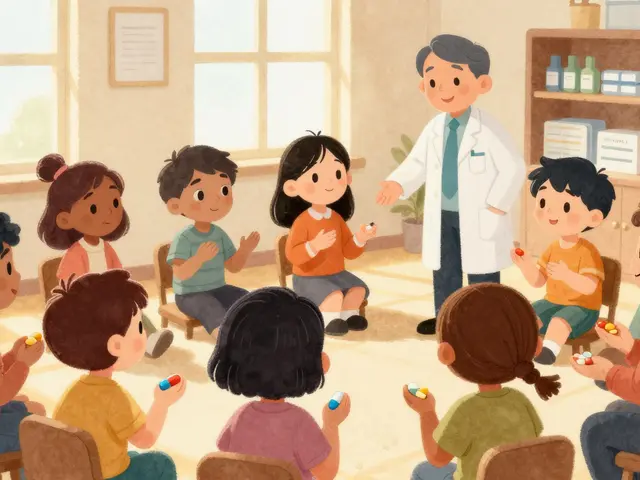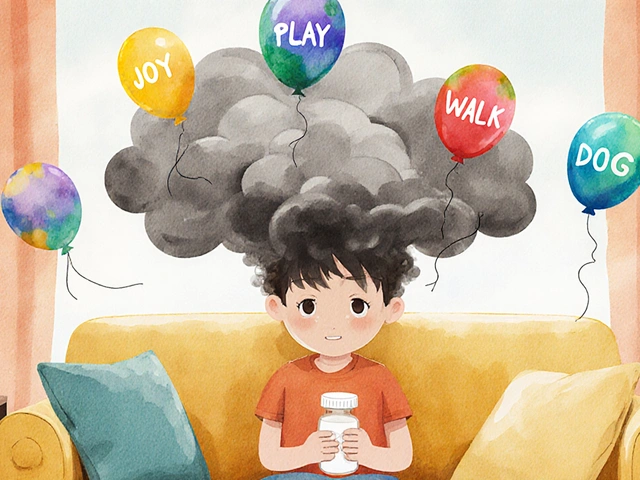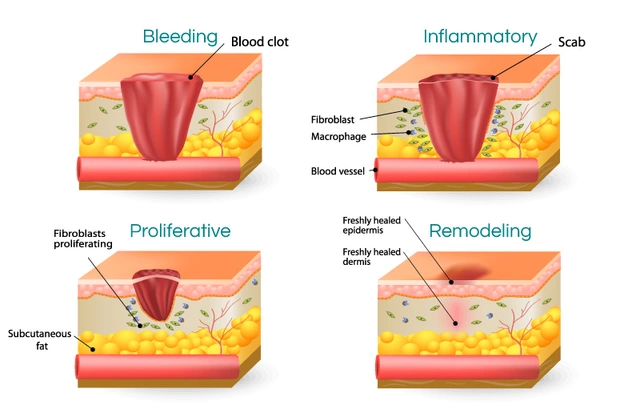Order Online: How to Buy Medicines Safely
Want to order medications online but worried about scams or safety? You’re not alone. Buying drugs over the web can save time and money, but it also comes with risks. Use clear checks before you click “buy” so you don’t end up with fake pills, wrong doses, or legal trouble.
Quick safety checklist before you order
Start with the basics: does the site require a prescription for prescription-only drugs? A legitimate pharmacy will. Look for clear contact info — a real address and a working phone number — and make a quick call if you’re unsure. Check the site uses HTTPS and accepts secure payment methods like major credit cards. Avoid sellers that push wire transfers, cryptocurrency payment only, or offer unrealistically low prices.
Verify pharmacy credentials. If you’re in the U.S., look for NABP/VIPPS signs; other countries have their own regulators. If you can’t find a regulator stamp, search for reviews from other customers and independent watchdogs. Remember: a polished website alone doesn’t mean the pharmacy is safe.
Common red flags and shipping tips
Red flags include: no prescription required, vague product descriptions, misspelled drug names, inconsistent packaging photos, or drugs shipped in unlabeled packets. If a site claims a drug is a miracle cure or asks you to bypass your doctor, walk away.
Shipping matters. Check delivery times, tracking availability, and return policies. If the pharmacy ships internationally, be aware of customs rules in your country — some meds are blocked or need a special permit. For critical meds, choose expedited shipping with tracking and signature on delivery when possible.
Price checks are useful. Compare the same drug by active ingredient, dose, and pill count. Generics can be much cheaper and are often identical to brand-name drugs. Our guides cover examples like Esomeprazole, Levlen, and Viagra Soft so you can compare costs and safety for specific items.
Talk to your doctor or pharmacist. Before ordering a new medicine online, confirm the dose, check for interactions with other drugs you take, and ask whether a generic is appropriate. If a seller won’t provide a pharmacist contact or medical advice on request, that’s a bad sign.
Payment and privacy: use a credit card for fraud protection and never give more personal data than needed. Read the privacy policy — see our GDPR page for what good data handling looks like. Keep order receipts and photos of unopened packages in case you need to report a problem.
Want examples or step-by-step help? Our site has practical posts on buying specific meds safely, comparing alternatives, and spotting unsafe sellers. If you’re still unsure, contact us through the Contact page — we can point you to reliable resources and articles on ordering online without the risk.




